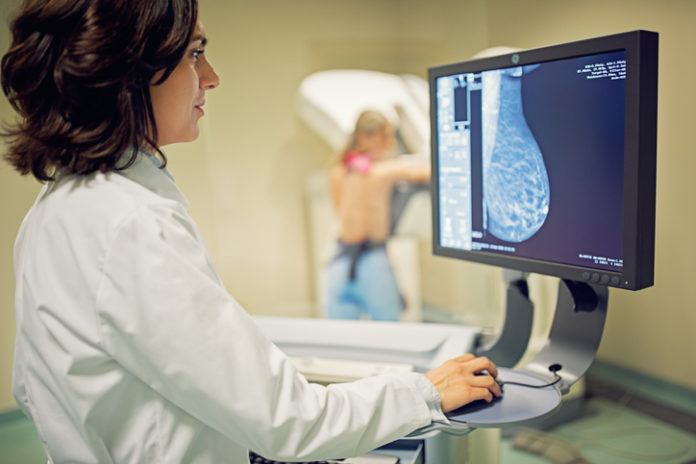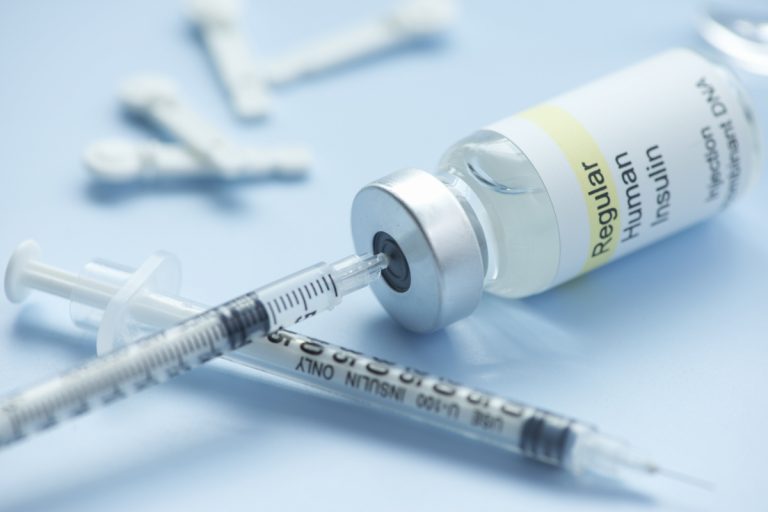Digital health interventions may enhance glycemic control among patients with type 2 diabetes (T2D), according to a study published in JMIR Diabetes.
In this single-arm, retrospective study, researchers analyzed 950 participants with a hemoglobin A1c (HbA1c) baseline value of at least 7.0%. The study population were all enrolled in the Vida Health Diabetes Management Program. The digital intervention consisted of one-on-one remote sessions with a Vida provider and structured lessons and tools pertaining to diabetes management. HbA1c was defined as the primary outcome measure. Of the 950 participants, 27.2% had a follow-up HbA1c completed at least 90 days from program start, the researchers noted.
According to the results, there was a significant reduction in HbA1c (-0.81 points) between baseline and a mean follow-up of almost eight years. Among participants considered high risk for diabetes at baseline (HbA1c≥8), there was an average reduction of -1.44 points between baseline (mean 9.73, SD 1.68) and follow-up (mean 8.29, SD 1.64; t139=9.14; P<.001).
“The present study revealed clinically meaningful improvements in glycemic control among participants enrolled in a digital diabetes management intervention. Higher program usage was associated with greater improvements in HbA1c. The findings of the present study suggest that a digital health intervention may represent an accessible, scalable, and effective solution to diabetes management and improved HbA1c,” the researchers concluded.
Keywords: HbA1c, app-based, diabetes, diabetes intervention, digital health, glycemic improvements, health coaching, mHealth, mobile health, type 2 diabetes









